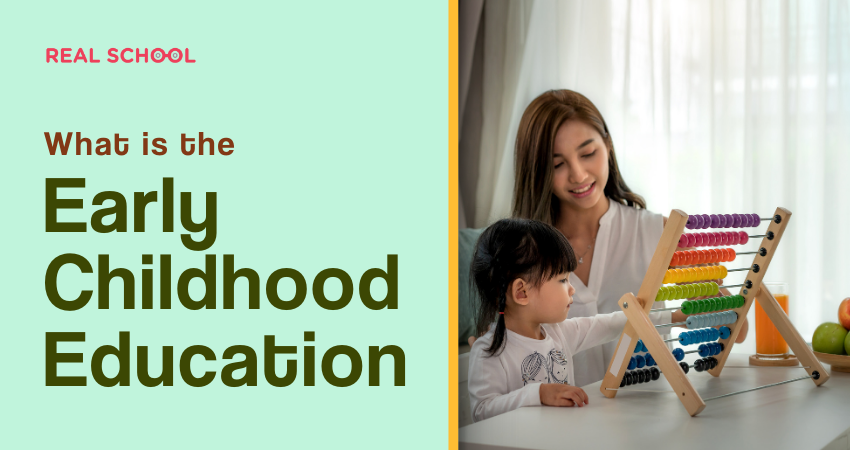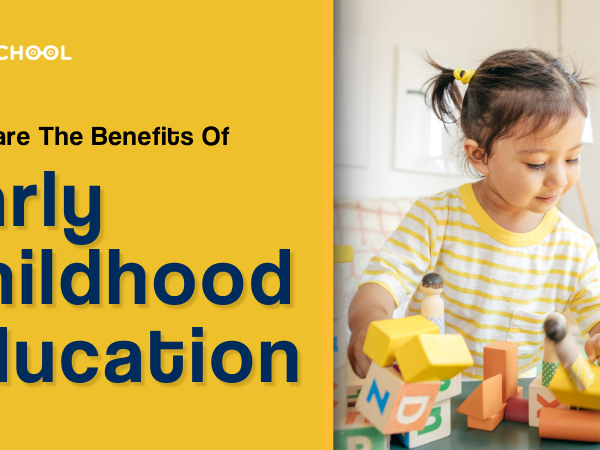The journey of education often begins in the earliest years of life, where young minds absorb knowledge, skills, and values like sponges. Early Childhood Education (ECE) stands as the guiding force during these critical formative years, igniting a passion for learning that can last a lifetime. In this exploration, we delve into the world of ECE, understanding its significance, its role in shaping young lives, and answering some of the most commonly asked questions surrounding this essential educational stage.
The Essence of Early Childhood Education
Holistic Development:
Early Childhood Education encompasses more than just academics. It focuses on nurturing children’s physical, social, emotional, and cognitive growth, ensuring well-rounded development.
Play-Based Learning:
Play is a fundamental component of ECE. It provides a hands-on, interactive approach to learning, allowing children to explore, experiment, and discover in a safe and engaging environment.
Building Strong Foundations:
ECE lays the groundwork for future academic success. It helps children develop essential skills such as language, numeracy, and problem-solving, setting the stage for their educational journey.
The Role of Educators in Early Childhood Education
Skilled Professionals:
ECE educators are specially trained to understand the unique needs of young learners. They create nurturing and stimulating environments that foster curiosity and exploration.
Individualized Approach:
Educators tailor their teaching methods to accommodate the diverse learning styles and abilities of young children, ensuring that each child can progress at their own pace.
The Benefits of Early Childhood Education
School Readiness:
ECE prepares children for formal schooling by introducing them to routines, social interactions, and foundational academic skills, giving them a head start in their academic journey.
Social and Emotional Development:
ECE helps children develop essential social and emotional skills, including empathy, communication, and self-regulation, which are crucial for building healthy relationships and emotional well-being.
Lifelong Love for Learning:
By fostering curiosity and a love for learning from an early age, ECE instills a lifelong passion for acquiring knowledge and skills.
Parental Involvement:
ECE programs often encourage parental involvement, strengthening the bond between parents and children and promoting a collaborative approach to education.
Also Read: How To Prepare Yourself For Homeschooling?
Conclusion
Early Childhood Education is the cornerstone upon which a child’s educational journey is built. It’s a time of exploration, wonder, and growth, where young minds lay the foundation for a future filled with knowledge, curiosity, and a love for learning. Through nurturing environments, skilled educators, and play-based experiences, ECE ignites the spark of education, setting children on a path towards lifelong success and fulfillment. As parents, educators, and caregivers, we hold the key to unlocking the incredible potential within every young learner, ensuring that their early educational experiences shape bright and promising futures. Know more – The Real School
FAQs: Answering Common Questions
1. Is Early Childhood Education only about academics?
Answer: No, Early Childhood Education focuses on holistic development, including physical, social, emotional, and cognitive aspects, rather than solely on academics.
2. At what age does Early Childhood Education typically begin?
Answer: ECE can start as early as infancy and usually encompasses the years up to the age of eight, depending on the program and educational philosophy.
3.How can parents support their child’s early education at home?
Answer: Parents can support ECE by providing a nurturing and stimulating environment, reading to their child, engaging in interactive play, and encouraging exploration and curiosity.
4. Are there different approaches to Early Childhood Education, and how do I choose the right one for my child?
Answer: Yes, various approaches, such as Montessori, Reggio Emilia, and play-based programs, offer different philosophies. Choosing the right one depends on your child’s needs and your educational values.
5. Does participation in Early Childhood Education guarantee academic success in later years?
Answer: While ECE provides a strong foundation, academic success depends on various factors. ECE can significantly enhance a child’s readiness for formal schooling, but continued support and engagement are essential for long-term success.







